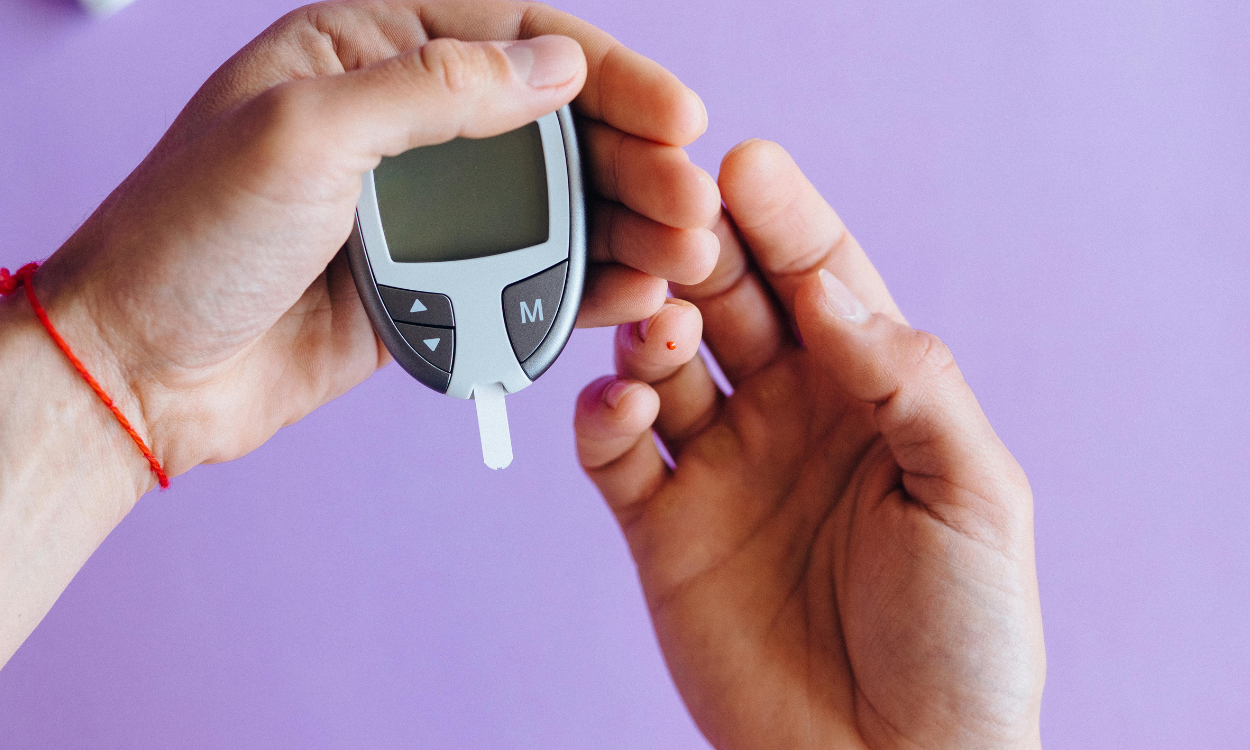Weight loss is a journey that many people embark on for various reasons, whether it’s to improve health, enhance physical appearance, or boost overall well-being. Achieving sustainable weight loss requires more than just a temporary diet or intense workout regimen; it necessitates a balanced approach that includes a healthy diet, regular exercise, and positive lifestyle changes. In this article, we’ll explore how to integrate these three crucial elements to help you achieve your weight loss goals effectively and sustainably.
Table of Contents
The Role of a Balanced Diet in Weight Loss
A balanced diet is the cornerstone of any successful weight loss plan. It involves consuming a variety of nutrient-dense foods in appropriate portions to fuel your body and support overall health. The key to a balanced diet is moderation and variety. Here are some essential components of a balanced diet for weight loss:
- Whole Foods: Prioritize whole, unprocessed foods like fruits, vegetables, lean proteins, whole grains, and healthy fats. These foods are rich in essential nutrients and help maintain satiety, reducing the likelihood of overeating.
- Portion Control: Managing portion sizes is critical for weight loss. Even healthy foods can contribute to weight gain if consumed in excessive amounts. Use smaller plates, measure portions, and listen to your body’s hunger cues to avoid overeating.
- Macronutrient Balance: A balanced diet should include a proper ratio of macronutrients—carbohydrates, proteins, and fats. Carbohydrates provide energy, proteins support muscle repair and growth, and fats are essential for hormone production and brain function. Aim for a balance that suits your individual needs and activity level.
- Hydration: Staying hydrated is crucial for weight loss. Water helps regulate metabolism, supports digestion, and can reduce hunger. Aim to drink at least 8-10 glasses of water per day.
- Mindful Eating: Practice mindful eating by paying attention to what you eat and savoring each bite. This can help you enjoy your food more and prevent overeating.

The Importance of Exercise in Weight Loss
Exercise plays a vital role in weight loss by increasing calorie expenditure, improving cardiovascular health, and building muscle. A well-rounded exercise routine should include a combination of aerobic (cardio) and anaerobic (strength training) activities. Here’s how exercise contributes to weight loss:
- Calorie Burn: Exercise helps burn calories, which is essential for creating a calorie deficit—a critical component of weight loss. Cardio exercises like running, cycling, and swimming are effective at burning calories quickly.
- Muscle Building: Strength training exercises, such as weightlifting and bodyweight exercises, help build muscle mass. Muscle tissue burns more calories at rest than fat tissue, which can boost your metabolism and aid in weight loss.
- Improved Metabolism: Regular exercise can increase your resting metabolic rate, meaning you’ll burn more calories even when not working out. This is especially true for high-intensity interval training (HIIT), which has been shown to elevate metabolism for hours after the workout.
- Mental Health Benefits: Exercise is not just beneficial for the body; it also has positive effects on mental health. It can reduce stress, anxiety, and depression, which are often linked to emotional eating and weight gain.
- Consistency is Key: To see lasting results, it’s essential to stay consistent with your exercise routine. Aim for at least 150 minutes of moderate-intensity aerobic activity or 75 minutes of vigorous-intensity activity per week, along with strength training exercises twice a week.

Lifestyle Changes for Sustainable Weight Loss
In addition to diet and exercise, lifestyle changes are crucial for achieving and maintaining weight loss. These changes involve adopting habits and behaviors that support a healthy lifestyle. Here are some key lifestyle factors to consider:
- Adequate Sleep: Sleep is often overlooked but plays a significant role in weight loss. Lack of sleep can disrupt hormones that regulate hunger and appetite, leading to increased calorie intake. Aim for 7-9 hours of quality sleep per night.
- Avoid Certain Foods: To support your weight loss efforts, it may be beneficial to avoid foods like curd, milk, ghee, and sugar. Here’s why:
- Curd and Milk: While dairy products like curd and milk can be nutritious, they may not suit everyone’s dietary needs. Some individuals experience bloating or other digestive issues with dairy, which can hinder weight loss efforts. Additionally, dairy products can be calorie-dense, making it easier to consume excess calories. Consider alternatives like plant-based milks (e.g., almond, soy, oat) and dairy-free yogurt made from coconut or almond milk.
- Ghee: Ghee, or clarified butter, is high in saturated fats and calories. Consuming too much ghee can lead to an increase in calorie intake, which may impede weight loss. Use healthier fats like olive oil, avocado oil, or coconut oil in moderation.
- Sugar: Added sugars are a significant contributor to weight gain and can lead to health issues such as diabetes and heart disease. Foods high in added sugars, like sweets, sodas, and processed snacks, can spike blood sugar levels and contribute to cravings. Opt for natural sweeteners like stevia or monk fruit, and prioritize whole foods with natural sugars, such as fruits.
- Stress Management: Chronic stress can lead to weight gain by triggering the release of cortisol, a hormone that increases appetite and encourages fat storage. Practice stress-reduction techniques such as meditation, deep breathing, yoga, or hobbies you enjoy.
- Social Support: Having a strong support system can make a significant difference in your weight loss journey. Surround yourself with friends, family, or a support group who encourage and motivate you. Sharing your goals and progress with others can help keep you accountable.
- Goal Setting: Set realistic and achievable weight loss goals. Break them down into smaller, manageable milestones, and celebrate your achievements along the way. This can help maintain motivation and prevent discouragement.
- Avoiding Fad Diets: Fad diets promise quick weight loss but are often unsustainable and can lead to nutrient deficiencies. Instead, focus on making long-term dietary changes that promote overall health and well-being.
- Mindful Eating Practices: Be mindful of your eating habits, such as avoiding eating in front of screens, paying attention to hunger and fullness cues, and savoring each meal. These practices can help prevent overeating and promote a healthier relationship with food.






4 thoughts on “Weight Loss:”Healthy Weight Loss: Balancing Diet, Exercise, and Lifestyle””